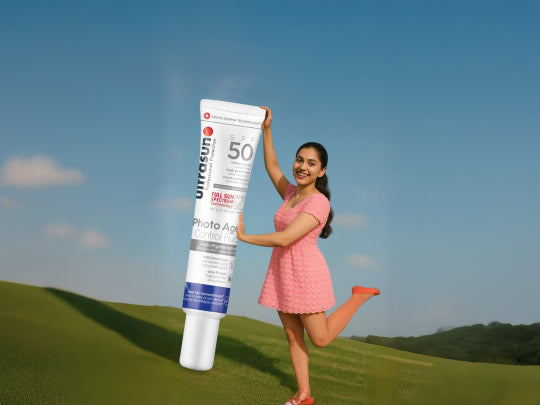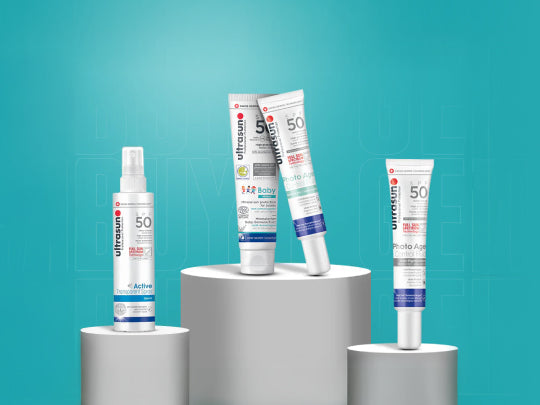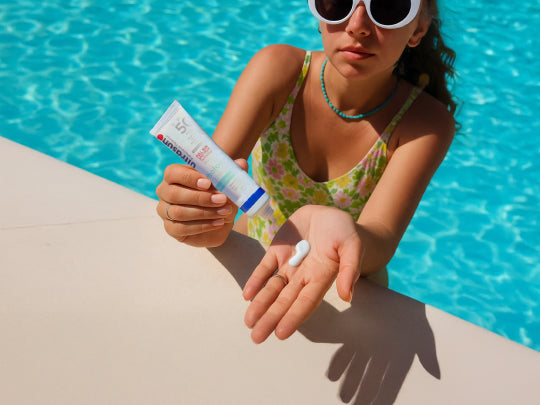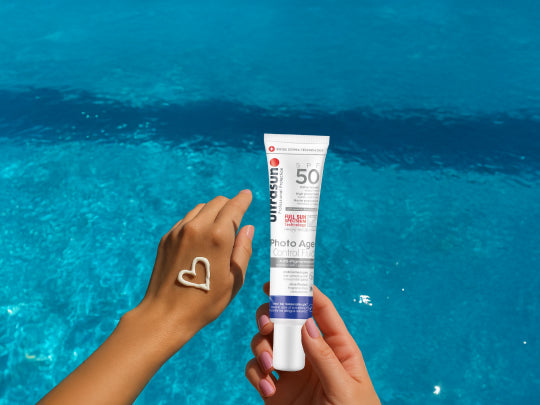In our quest for radiant and healthy skin, safeguarding it from the sun's relentless ultraviolet (UV) rays is paramount. Sunscreens serve as our frontline defense, mitigating the risks of sunburn, premature aging, and skin cancer. Among the plethora of options available, mineral-based sunscreen creams have emerged as a superior choice for daily use, offering a harmonious blend of efficacy and skin-friendly properties.
Understanding Mineral-Based Sunscreen
Mineral-based sunscreens, often referred to as physical sunscreens, utilize natural minerals—primarily zinc oxide and titanium dioxide—as their active ingredients. These minerals function by forming a protective barrier on the skin's surface, reflecting and scattering both UVA and UVB rays. This mechanism contrasts with chemical sunscreens, which absorb UV radiation and convert it into heat.
Benefits of Daily Use
-
Broad-Spectrum Protection: Mineral sunscreens provide comprehensive defense against the full spectrum of UV radiation, including UVA rays responsible for aging and UVB rays that cause burning.
-
Suitability for Sensitive Skin: Free from synthetic chemicals, mineral-based formulations are less likely to cause irritation, making them ideal for individuals with sensitive or reactive skin.
-
Immediate Efficacy Upon Application: Unlike chemical sunscreens that require a waiting period to become effective, mineral sunscreens offer instant protection, allowing users to step into the sun immediately after application.
-
Environmental Considerations: Mineral sunscreens are often deemed more environmentally friendly, as they are less likely to contain ingredients harmful to marine ecosystems, such as oxybenzone and octinoxate.
Comparing Mineral-Based and Chemical Sunscreens
-
Composition and Function: Chemical sunscreens contain organic compounds that absorb UV radiation, whereas mineral sunscreens use inorganic minerals to physically block and reflect UV rays.
-
Health Implications: Some chemical sunscreen ingredients have been scrutinized for potential endocrine-disrupting effects. In contrast, mineral sunscreens are generally recognized as safe and are less likely to penetrate the skin.
-
User Experience: Mineral sunscreens have evolved to offer more cosmetically elegant formulations, reducing the once-common white cast and providing smoother application.
Choosing the Right Mineral-Based Sunscreen
-
Skin Type Considerations: Select a formulation that aligns with your skin type—lightweight lotions for oily skin and more hydrating creams for dry skin.
-
SPF Rating: For daily use, an SPF of 30 or higher is recommended to ensure adequate protection.
-
Application Tips: Apply generously to all exposed skin areas and reapply every two hours, especially after sweating or swimming.
-
Addressing Common Concerns: Modern mineral sunscreens have minimized the issue of white residue. Opt for tinted versions or those labeled as "sheer" to match your skin tone.
Conclusion
Incorporating mineral-based sunscreen creams into your daily skincare regimen offers robust protection against the sun's harmful rays while catering to the needs of sensitive skin and environmental consciousness. By choosing a product that suits your skin type and lifestyle, you can enjoy the outdoors with confidence, knowing your skin is well-protected.







